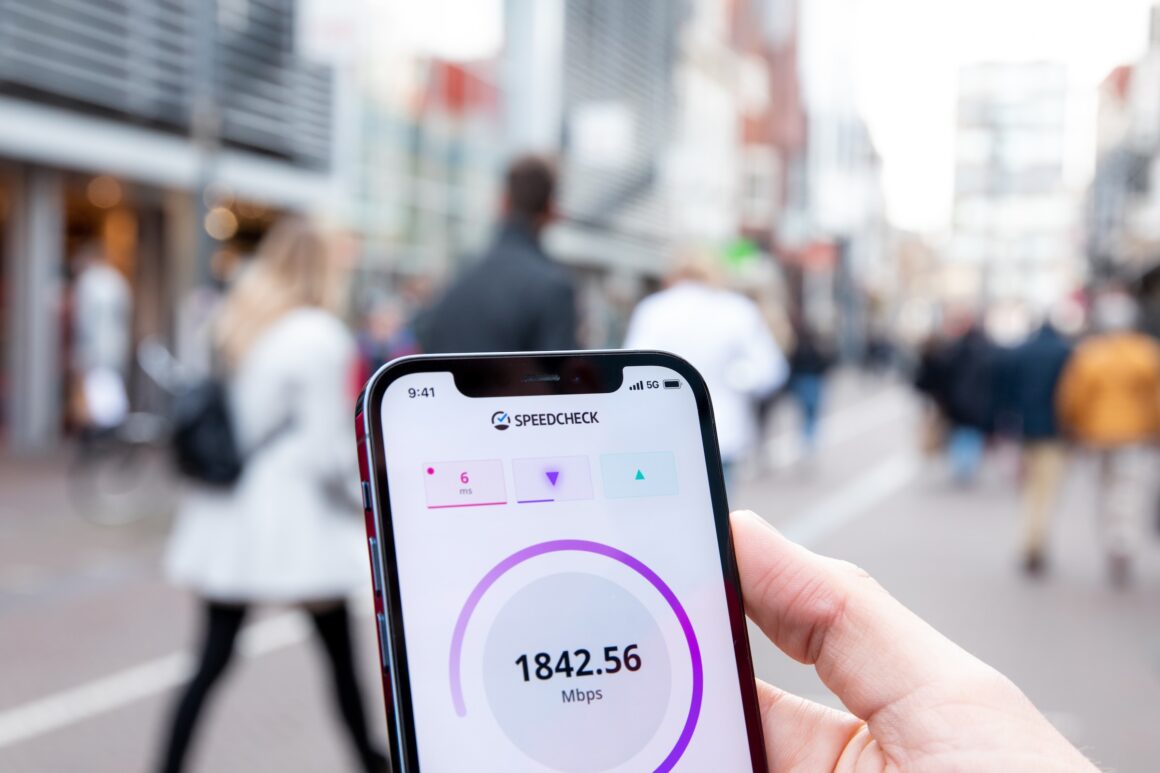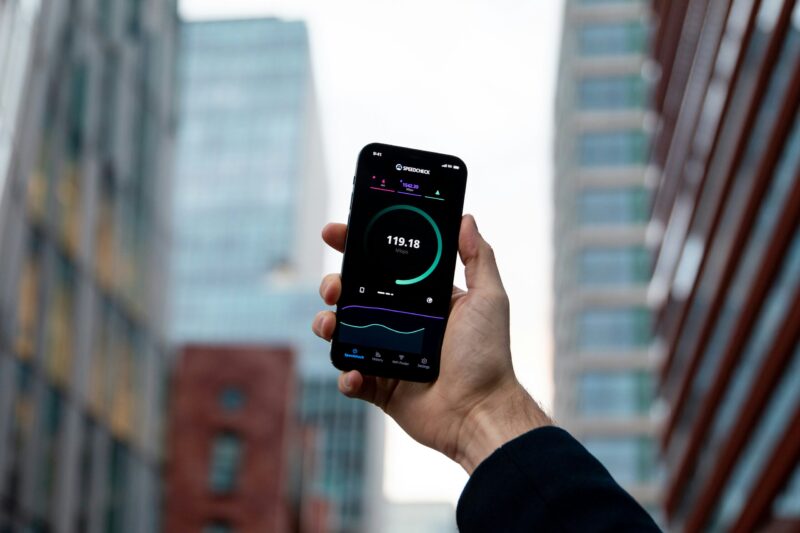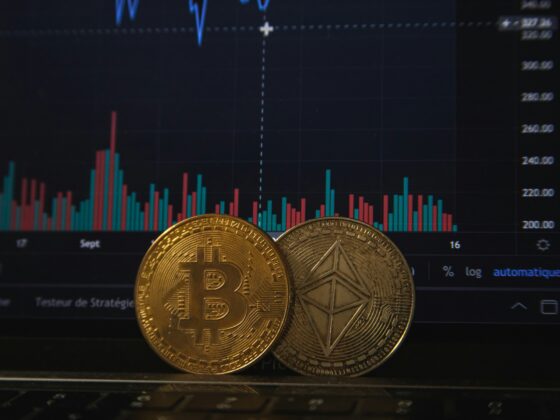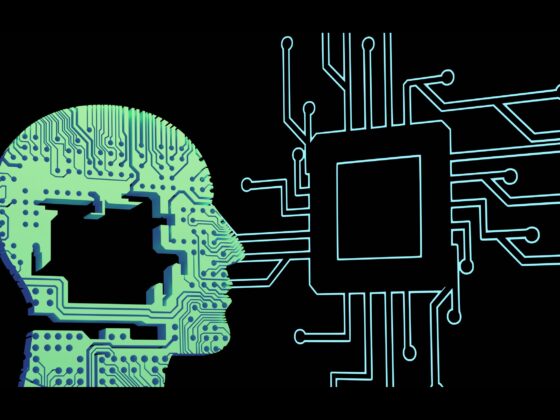The fifth generation of wireless technology, 5G, is rapidly transforming the way we live, work, and connect. Its rollout, though still in its early stages, promises a future of unprecedented speed, reliability, and innovation. Let’s delve into the impact of 5G network, exploring its current state, potential benefits, and challenges.
Hyper-Connected World
5G deployment is a complex undertaking, requiring significant infrastructure upgrades. This includes installing new cell towers like the one pictured below, laying fiber optic cables, and allocating radio spectrum. While progress varies across regions, countries like South Korea, China, and the United States are leading the charge, with major cities already boasting 5G coverage.
A Glimpse into the 5G Future
One of the most defining features of 5G is its blazing-fast data speeds. Compared to 4G, 5G offers download speeds up to 100 times faster, enabling near-instantaneous downloads and uploads. This translates to seamless streaming of high-definition content, lag-free video conferencing, and real-time data transfer for mission-critical applications.

Beyond Speed
The impact of 5G network extends far beyond just faster internet. Its low latency, the near-instantaneous response time between devices, unlocks a plethora of possibilities:
- Smart Cities: Imagine traffic lights adjusting to real-time congestion, self-driving cars communicating with each other for safer roads, and remote monitoring of city infrastructure for improved efficiency.
- Industrial Revolution 2.0: 5G-powered machines can operate with precision and efficiency, enabling real-time data analysis and predictive maintenance in factories.
- Healthcare Revolution: Remote surgery using robots controlled by surgeons miles away, real-time monitoring of patients’ vital signs, and faster access to medical data are just a few examples of how 5G can transform healthcare.
Challenges and Considerations
While 5G’s potential is undeniable, its widespread adoption faces challenges:
- Infrastructure Costs: Building and maintaining the necessary infrastructure is expensive, potentially widening the digital divide between those with access and those without.
- Security Concerns: Increased connectivity also brings increased vulnerability to cyberattacks. Robust security measures are crucial to protect sensitive data and critical infrastructure.
- Device Compatibility: Not all devices are currently 5G-enabled, requiring upgrades and potentially creating technological disparities.
A Future Shaped by 5G
The rollout of 5G is still in its early stages, but its impact is already being felt across various sectors. From faster internet speeds to groundbreaking applications in diverse fields, 5G promises to revolutionize the way we live, work, and interact with the world around us. As we navigate the challenges and embrace the opportunities, 5G has the potential to usher in a new era of hyper-connectivity and reshape our future in ways we can only begin to imagine.










